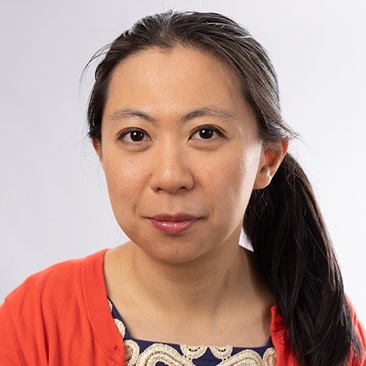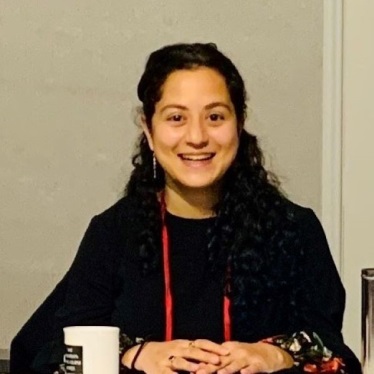full-time faculty teaching and conducting research in political science
of Maxwell faculty conduct research focused outside of the U.S.
graduate students in residence; fewer than 12 admitted each year
Undergraduate Studies
Graduate Studies

I am Maxwell.
Civic engagement is a core value for me. I have always aspired to help the communities I’m from.” Mazaher Kaila, a Maxwell alumna and third-year student at Syracuse University's College of Law, moved with her family from Sudan to Central New York when she was four years old. “I realized that to make meaningful change in society, I needed to understand the systems that power it—government and politics—and that’s insight I would gain by studying political science.”
Mazaher Kaila ’19, L’22
political science, law
Public Voices Fellowship Supports Baobao Zhang’s AI Research
October 11, 2023
The Maxwell School faculty member will use the fellowship to engage the public on perceptions and governance of artificial intelligence.
Baobao Zhang, assistant professor of political science, has received the 2023-24 Public Voices Fellowship on Technology in the Public Interest to explore attitudes and policy related to artificial intelligence (AI) technology.
Zhang is one of 20 fellows chosen for the one-year program that supports women and underrepresented thought leaders in producing public writing, conducting live experiments and networking with scholars, experts and journalists. Zhang plans to use the fellowship to publish op-eds and engage in public communication about the uses and risks of artificial intelligence. She will hold an eight-day, virtual public assembly in October with 40 randomly selected participants that explores public perceptions of AI across applications in public administration, health, online search and face recognition. The workshop is based on her research that public knowledge about AI affects whether citizens, consumers and stakeholders can make informed decisions about policy, accountability or potential benefits or harms.
The 2023-24 Public Voices Fellowship on Technology in the Public Interest is supported by The John D. and Catherine T. MacArthur Foundation in partnership with the OpEd Project. The fellowship program is partnered with 35 universities and foundations, including the Ford Foundation and Yale, Stanford and Princeton universities. The program is designed to support underrepresented scholars who advance public conversations on gender, racial, health, climate and media justice issues.
Zhang’s October workshop is supported by a previous two-year, $200,000 grant she received as one of 15 AI2050 Early Career fellows. Those fellowships were funded by the philanthropic organization Schmidt Futures. For the workshop, she will partner with the Center for New Democratic Processes, a nonpartisan nonprofit that will hold eight workshop sessions that analyze public engagement with AI governance and applications.
Zhang is a senior research associate in the Autonomous Systems Policy Institute and the Campbell Public Affairs Institute. Her broader work focuses on public and elite opinion of AI, policy and ethics of AI technology, and how the American welfare state can adapt to increasing automation.
By Michael Kelly
Published in the Fall 2023 issue of the Maxwell Perspective
Related News
School News

Jul 30, 2024
School News
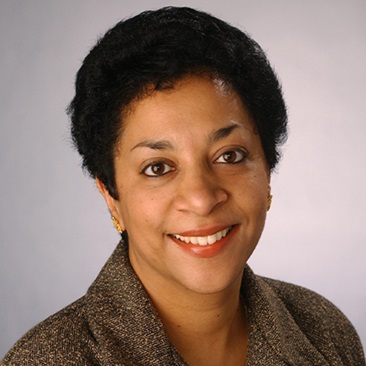
Jul 29, 2024
School News
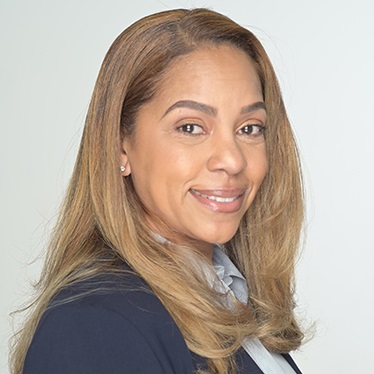
Jun 20, 2024
BaoBao Zhang Joins First Cohort of AI2050 Early Career Fellows
One of only 15 scholars chosen from across the U.S., Zhang will receive up to $200,000 in research funding over the next two years. Zhang will use the funding to partner with the nonprofit, non-partisan Center for New Democratic Processes to test whether public participation in AI governance is increased through the creation of public assemblies, known as “deliberative democracy workshops.”
Baobao Zhang
Assistant Professor, Political Science Department
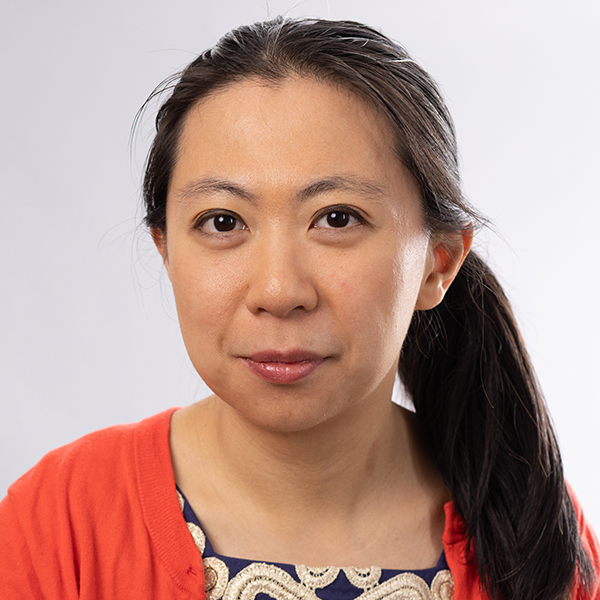
Public Voices Fellowship Supports Baobao Zhang’s AI Research
October 11, 2023
The Maxwell School faculty member will use the fellowship to engage the public on perceptions and governance of artificial intelligence.
Baobao Zhang, assistant professor of political science, has received the 2023-24 Public Voices Fellowship on Technology in the Public Interest to explore attitudes and policy related to artificial intelligence (AI) technology.
Zhang is one of 20 fellows chosen for the one-year program that supports women and underrepresented thought leaders in producing public writing, conducting live experiments and networking with scholars, experts and journalists. Zhang plans to use the fellowship to publish op-eds and engage in public communication about the uses and risks of artificial intelligence. She will hold an eight-day, virtual public assembly in October with 40 randomly selected participants that explores public perceptions of AI across applications in public administration, health, online search and face recognition. The workshop is based on her research that public knowledge about AI affects whether citizens, consumers and stakeholders can make informed decisions about policy, accountability or potential benefits or harms.
The 2023-24 Public Voices Fellowship on Technology in the Public Interest is supported by The John D. and Catherine T. MacArthur Foundation in partnership with the OpEd Project. The fellowship program is partnered with 35 universities and foundations, including the Ford Foundation and Yale, Stanford and Princeton universities. The program is designed to support underrepresented scholars who advance public conversations on gender, racial, health, climate and media justice issues.
Zhang’s October workshop is supported by a previous two-year, $200,000 grant she received as one of 15 AI2050 Early Career fellows. Those fellowships were funded by the philanthropic organization Schmidt Futures. For the workshop, she will partner with the Center for New Democratic Processes, a nonpartisan nonprofit that will hold eight workshop sessions that analyze public engagement with AI governance and applications.
Zhang is a senior research associate in the Autonomous Systems Policy Institute and the Campbell Public Affairs Institute. Her broader work focuses on public and elite opinion of AI, policy and ethics of AI technology, and how the American welfare state can adapt to increasing automation.
By Michael Kelly
Published in the Fall 2023 issue of the Maxwell Perspective
Related News
School News

Jul 30, 2024
School News

Jul 29, 2024
School News

Jun 20, 2024
